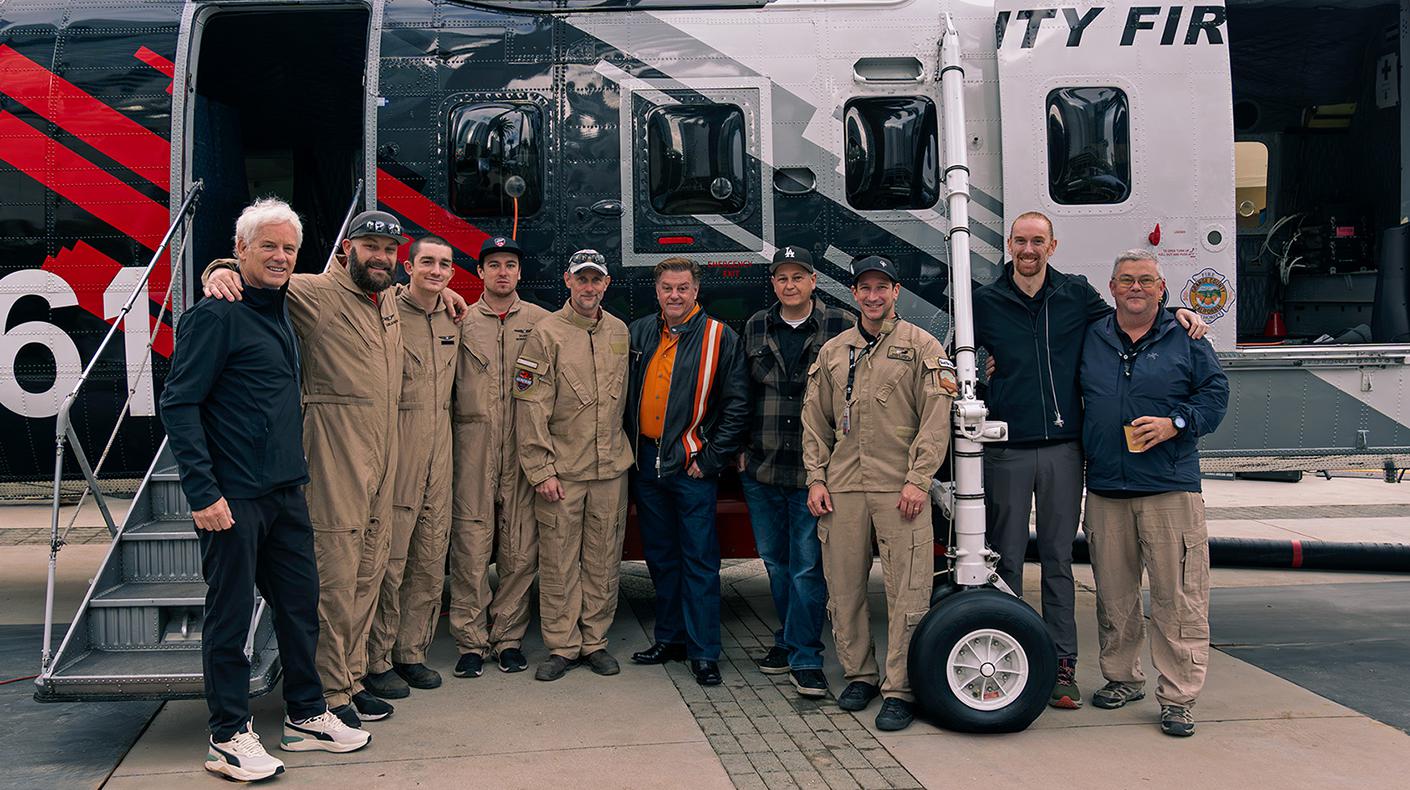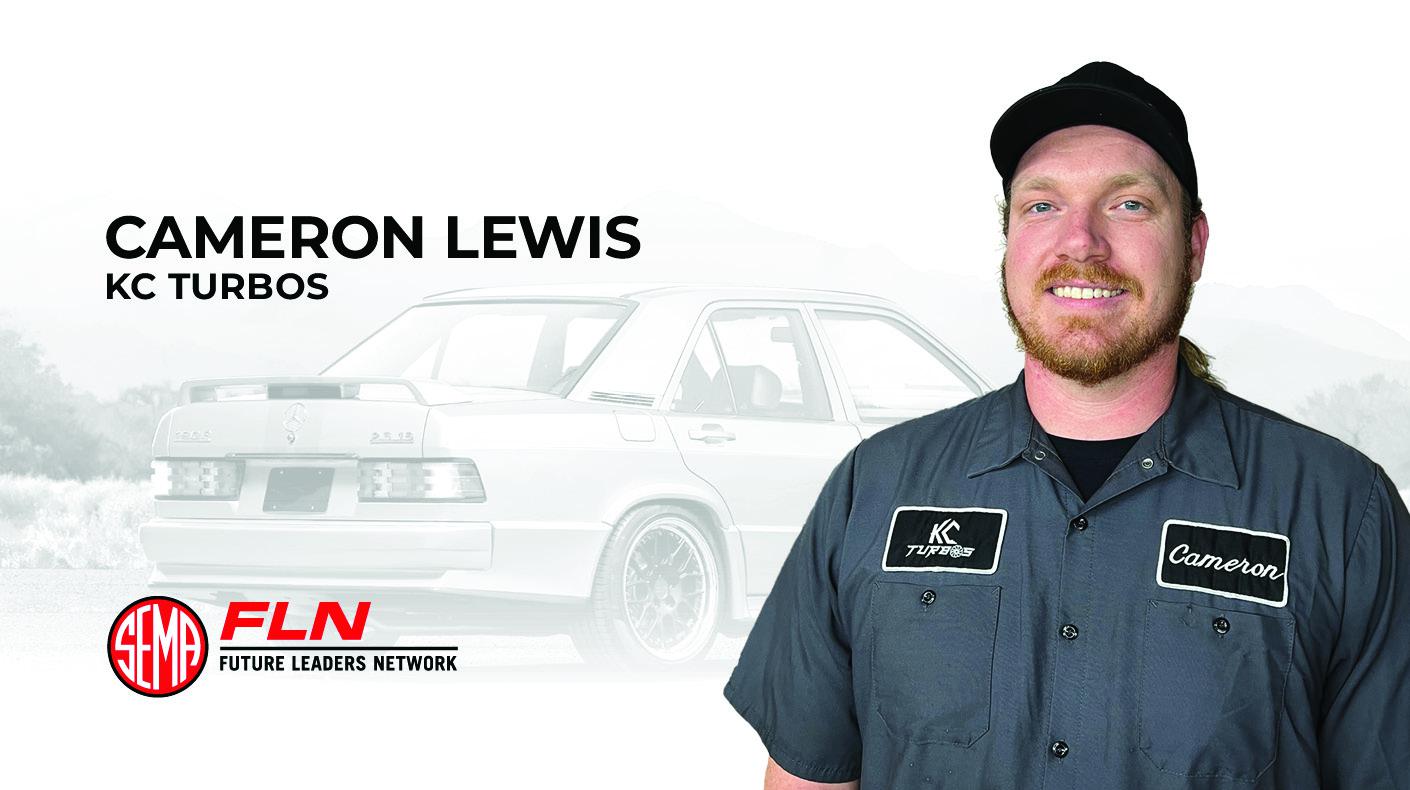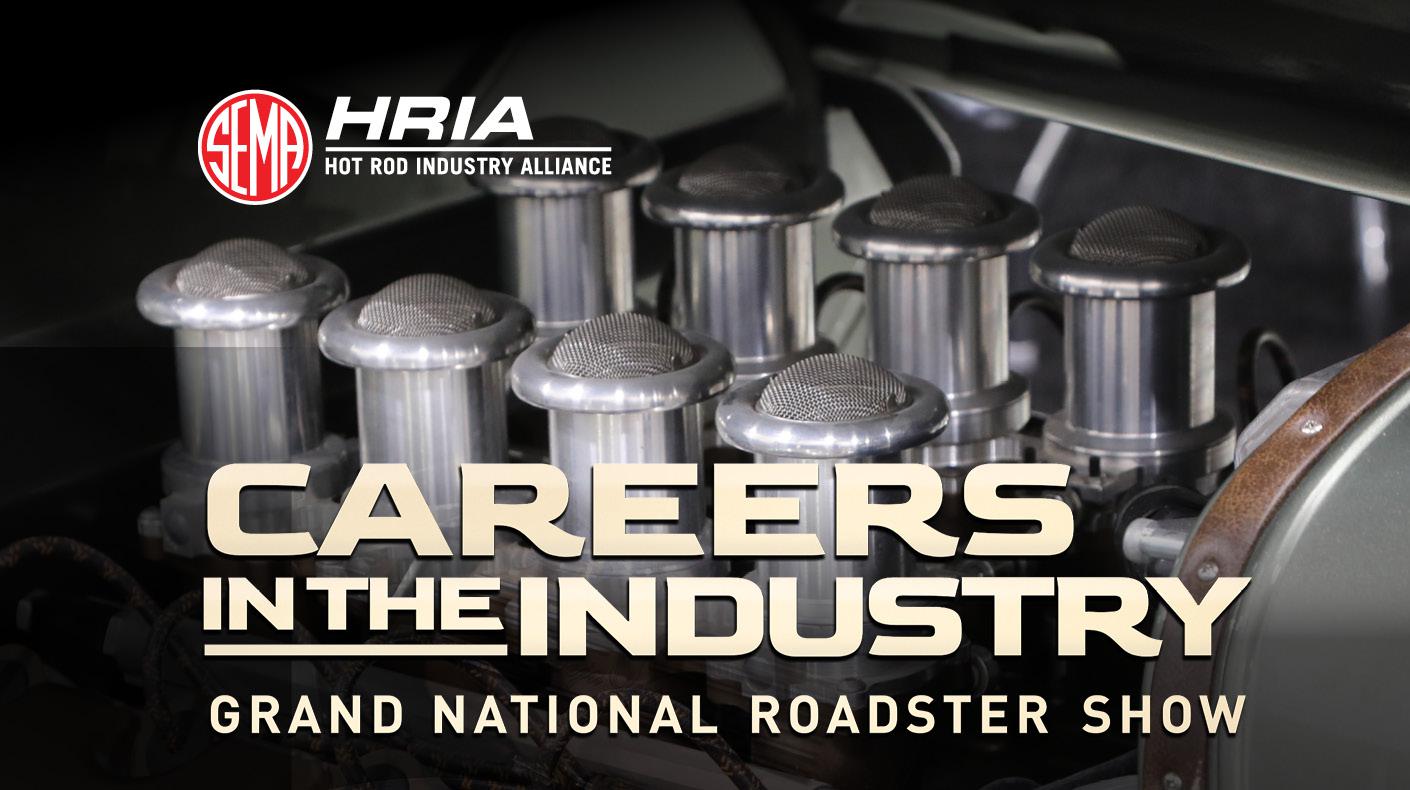In the United States, aftermarket wheels and tires are the most common form of car and light-truck customization. Research indicates that this is due to the ease of purchase and fitment, as well as the immediate effect on the vehicle's appearance. The market for wheels is big in other areas of the world, too: Europe, Mexico, South America, Australia and Japan. Many of the wheels sold in these countries are wholly or partly sourced from China. But what is the market for international wheel brands in the Middle Kingdom itself?
Imported Wheels Are 'Aspirational'
In the Chinese market, local Chinese wheel manufacturers have increased their efforts to establish their brands as domestic market players. But the aspirational brands are still very much foreign brands such as OZ, BBS, WORK, Momo and Antera.
The interesting commonality shared by these wheel brands is that, at the time of writing, these wheels are typically manufactured outside of China, although that may change in the future. Another noteworthy point is that we saw many international brands, but not many American brands. The gray leg/reg situation is the same for products from all countries, so it seems that even in the absence of a clear legislative and regulatory environment, wheels from places such as Europe and Japan are present in the Chinese market place, but U.S. companies are not. Nevertheless, there are distributors in the market who have expressed interest in handling American wheels and other aftermarket products.

Wheels on display in Autolife, a China-wide chain store with 270 outlets.
Distributors
So what does a typical distributor of high-quality, import brand wheels in China look like? Firstly, these businesses have the required paperwork in place to prove that the wheels have been imported legally and are not smuggled in. They serve the high end of the market, the wheels fit U.S., Japanese, E.U. cars, and their customers typically own two to five cars.
Their establishments are clean, they've typically been in business at least three years, and usually have staff who speak at least one foreign language (usually English, Japanese or both). Most are either foreign-owned establishments or have staff or management that have a good understanding of another market outside China and have brought that expertise into the Chinese market. They also typically handle other high-quality international specialty-equipment products and brands, often ones that are connected to wheels and suspension.

AME, a high-end wheel brand created by ENKEI, is marketed in China by Shadoo, a Shanghai-based retailer/wholesaler. The wheels are priced from $1,700 (USD) to $3,900 (USD) a set.
Establishments like OD Motorsport, the North China agent for ANTERA Wheels, ORIZZ, the sole agent for WORK Wheels (Shanghai), Shadoo (Shanghai) and China Loyal (Shenzhen) the wholesaler of "BBS Gold," are good examples, as the chart below shows. 
What is the Leg/Reg Situation?
The law in China regarding automobile modification is gray and open to a wide degree of interpretation on a regional level. Enforcement is also very uneven. By one reading of the law, aftermarket wheels and tires are illegal.
Shanghai Crackdown
In 2006 there was a crackdown on modified cars in Shanghai when the police were ordered to be very strict on anything with an aftermarket product on it.
"Back then I often had to help my clients when they got busted by giving them (standard) wheels and tires for visiting the inspection station," says Gu Sheng Lan, president of Shanghai tuning shop Shadoo. "Normally the police didn't worry about aftermarket wheels, but if you were picked up for something else like speeding, and were arrogant, they used to give you a hard time about the wheels, as well as punishment. Since 2006 however, the police in Shanghai have become less and less concerned with the aftermarket wheels and there hasn't been any trouble at all for about a year now."

The owner of this Golf, based in Beijing, never has problems with the police during daily use, but at registration time, has reverted to the standard rims to pass inspections.
Law Widely Ignored
The problem was only in Shanghai though, and the attitude of the general public throughout China regarding aftermarket wheels and tires is summed up in the following two comments.
Benny Lee, president of Beijing-based OD Motorsport, China distributor of ANTERA wheels: "There is no police problem that I know of. Anyway, my customers know [the wheels I sell] are high-end, high-quality wheels, and they are not concerned with the legality of the product. They buy them because they like them for their looks and quality. Period. If they like it, they buy it."
John Hung, CEO of Autolife, an aftermarket chain store with 270 outlets in China: "People who want them don't care if they are legal or not."
What about the Cost?
Compared to the Chinese-made, Chinese-branded wheels, the fully imported brands are more expensive, but this is actually a strength. In the eyes of the Chinese consumer, they are viewed as a "pure" imported product with all the quality, brand cachet and aspirational value that this suggests.
Benny Lee of OD Motorsport: "Maybe the ANTERA wheels are a little bit too cheap because standard BMW alloy wheels are about 5,000 RMB ($700 USD) a piece, which is near the price for ANTERA wheels. A set of ANTERA wheels is about 20,000 RMB ($2,800 USD) and it is usual for an owner who has just paid this money for the wheels to want good tires on them. So you can easily spend 30,000 RMB ($4,200 USD) to fit wheels and tires if you want good quality."
Shadoo confirms this. "The average price of AME wheels is 3,000 to 7,000 RMB ($420 USD to $980 USD) per piece, or 12,000 to 28,000 RMB ($1,690 USD to $3,940 USD) a set. The cheapest genuine imported combination would be WORK wheels at 2,200 RMB ($310 USD) a piece, plus the cheaper [tires] at 1,300 RMB ($180 USD), so the total is 14,000 RMB ($1,970 USD). At the high-end I have HAMANN wheels with tires to suit a Ferrari 430, yours for 130,000 RMB ($18,310 USD)."
A little under half of his business is in the high-end imported brand wheels, with the low-end being served by wheels made in Thailand or China. Non-Chinese brand tires are almost always used.
New Car Owners Spend Big
According to the staff of Autolife, the owners of new cars treat their pride and joy in much the same way as a child or a loved pet, and it isn't unusual to find a new-car owner of even a low-end car spending 12,000 RMB ($1,700 USD) on a set of wheels and tires. About 20% of their wheel customers, the more knowledgeable ones, buy foreign-brand wheels. The rest buy Chinese-branded wheels. John Hung of Autolife told us that a maximum of 3% of his Shanghai flagship store's total sales are from wheels and 15% of total sales from tires.
Wheels & Tires, Then What?
As noted above, the retailers and wholesalers that sell genuine high-quality imported brand wheels in the Chinese market typically handle other high-end imported specialty equipment-branded products, such as shocks, springs, brake calipers and brake rotors.

Most distributors who deal with high-end imported wheels, such as these 5ZIGEN rims, also handle other high-end products, such as STOPTECH brakes.
Selling a "Package"
Gu of Shadoo aims at selling a "package" of products to his customers, which includes well-known brand name products.
OD Motorsport represents KW and Remus and had the following observations on the changes in the market and what a wheel and tire customer is likely to do next.
"In the old days (four to six years ago), wheels and tires were regarded as 'tuning', but the market now has matured a little and the difference between putting wheels and tires on your car and tuning is more widely recognized. Oh, and we don't like to say 'tuning;' we like to call it 'upgrading.'"
Does a wheel and tire customer usually become a suspension customer?
"Often yes, but not necessarily for the reasons that you might think. Firstly, the customer who buys wheels and tires first is primarily looking for design and looks in a product. If they then go to a suspension package, it is not because of the technical advantages of a suspension package, it is because the car looks better when it is lowered once the wheels/tires are on.
"In other words, it's a fashion decision, and for these customers, usually just a set of lowering springs is enough. The customer who wants a better look will probably go to a five-spoke pattern [wheel], because you can see the brakes and maybe a little but of suspension. We provide brake packages to a 'fashion' customer on request, of course. But usually the exhaust, brakes and suspension are hidden from view if a standard wheel is used.
"The 'technical' customer who wants suspension and exhaust may get these technical products before the wheels for performance reasons. He wants the car to handle and stop better. So it is not always wheels and tires first, followed by suspension and brakes, then exhaust. Sometimes it's the other way around, too."

Luxury-car owners are starting to use good-looking wheels, such as these WORK "VS" rims.
Aftermarket Wheels and Tires—The Starting Point
Many of those interviewed for this story expect the specialty-equipment market to boom in the next few years, and they see the wheel and tire sector of the market as the starting point. This is summed up by Calvin Chan, president of ORIZZ, which already has its China headquarters in Shanghai and a branch in South China, as well as distribution throughout China.
"At ORIZZ we are concentrating on our 'core competence' of fitting tires and rims in a highly professional way because this suits the Chinese market as it exists today. We do what we call 'soft tuning' because the market is in a legal gray area, and we will continue to restrict our activities to this area until the 'gray period' in the market is over. Time, money and effort are needed in the Chinese market, but this is a high-potential market."
For more information on the Chinese market, contact Richard Saberton, SEMA's Asia Pacific director at Richards@sema.org. A SEMA market report on the Chinese market is available at www.sema.org/international.





